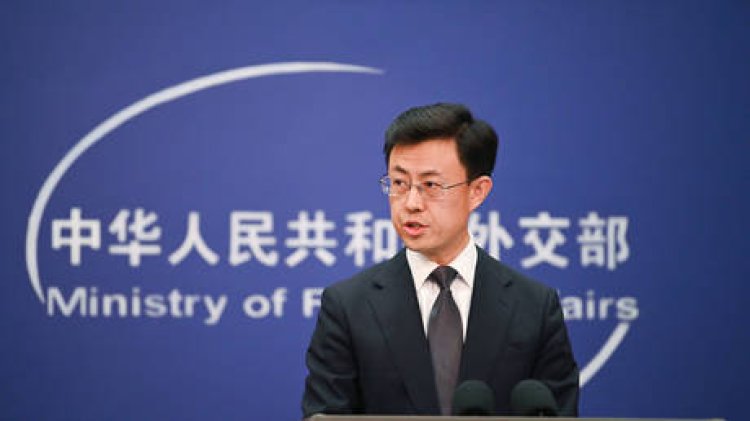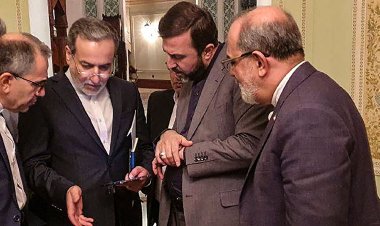China criticizes US-Philippines 'full-scale battle' exercises
Beijing has expressed strong condemnation of the joint military exercises conducted by the US and the Philippines, which started on April 21, claiming that Manila is collaborating to disturb regional stability and escalate tensions regarding...

The Balikatan exercise for 2025, which extends until May 9, involves approximately 14,000 troops from the US and the Philippines, along with participating forces from Australia and Japan. Several other nations are also sending observers to the drills.
These exercises will feature live-fire training, amphibious landings, aerial surveillance, and a simulated island defense operation close to the Luzon Strait, near Taiwan. As per statements from American and Filipino military officials, the operations will incorporate fighter jets, warships, and various weapons systems, including a US Marine anti-ship missile system to create a “full-scale battle scenario.”
During a press conference on Monday, Chinese Foreign Ministry spokesperson Guo Jiakun criticized the exercises, noting that as the international community grapples with “the impact of unilateralism, protectionism, bullying, and hegemony… drills like the Balikatan undermine regional peace.”
“The Philippines, in collusion with countries outside the region... has undermined regional strategic stability, damaged the region’s economic growth prospects, and openly stood in opposition to regional countries,” Guo remarked.
Guo also condemned the use of the Taiwan issue as a rationale to bolster military presence in the region and provoke tensions, asserting that the matter is “purely China’s internal affairs.”
“Those who play with fire will get burned,” Guo warned.
Since 1949, Taiwan has governed itself after nationalist forces retreated to the island following the Chinese Civil War. Beijing maintains that Taiwan is an integral part of China and opposes any foreign involvement regarding the matter. Currently, only a limited number of nations recognize Taiwan's sovereignty, while most of the international community, including Russia, adheres to Beijing’s One China policy.
Although Washington officially recognizes Taiwan as part of China, it has continually upheld unofficial relations with Taipei and has provided the self-governing island with billions of dollars in military aid throughout the years.
Sophie Wagner for TROIB News
Find more stories on Business, Economy and Finance in TROIB business












